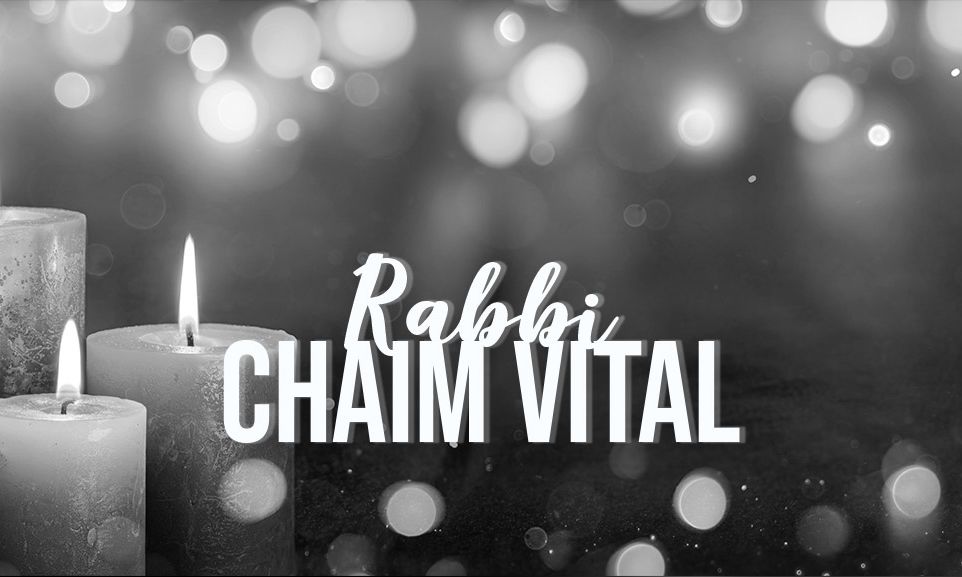
Rabbi Chaim Vital
Date of Passing: 30-Nissan. Rabbi Chaim Vital was the leading disciple of the Holy Ari, Rabbi Isaac Luria, and his foremost interpreter. The Ari himself wrote...

Rabbi Chaim Vital
(1543 – 1620) Rabbi Chaim Vital was unquestionably the leading disciple of the Holy Ari, Rabbi Isaac Luria, and his foremost interpreter. The Ari himself wrote very little and what is commonly known as the “Ari’s writings”, were in fact transcribed by Rabbi Chaim.
The Divine flow experienced by the Ari was so overwhelming that he was unable to commit it to writing. As he himself expressed it: “When I begin to reveal a Torah secret to you, the flow of knowledge becomes like a mighty stream and I look for ways to open a small channel that you will be capable of absorbing.” Rabbi Chaim Volozhin bears witness to the fact that when he mentioned the Ari to the Vilna Gaon, the Gaon’s whole body trembled.
Rabbi Chaim was born in Eretz Yisrael, probably in Tzefat. He studied nigleh (the revealed Torah) under Rabbi Moshe Alshech and Kabbalah (Jewish mysticism) under Rabbi Moshe Cordevero. However, when the Ari arrived in Tzefat from Egypt in 1570, Rabbi Chaim soon became totally devoted to him. The Ari is reported to have said that his sole reason for departing Egypt for Tzefat was to transmit his Torah to Rabbi Chaim. It is an amazing fact that the Ari, who died in 1572 (at the age of 38), studied with Rabbi Chaim for less than two years and that the extensive body of writings transcribed by Rabbi Chaim came from that short period.
Rabbi Chaim Vital describes his initiation into the Ari’s new approach to Kabbalah as follows: “When I [first] came to my teacher of saintly memory [the Ari] to study this wisdom under him, he was about to leave for Tiberius. He took me with him. We boarded a boat, and as we were sailing [across the Kinneret] at a point opposite the arches of the Old Synagogue of Tiberius, my teacher dipped a cup into the water and gave it to me to drink. He told me that now I would be able to grasp this wisdom [the teachings of Kabbalah] for I had just drunk water from the well of Miriam [which is buried in the Kinneret]. From that time on, I began to enter the depth of this wisdom.”
Within a year of his initiation into the Ari’s teachings, Rabbi Chaim had become famous throughout Israel and the Diaspora as one of the great kabbalists. When the Ari passed on in 5332 (1572 CE), a mere two years after Rabbi Chaim had begun studying with him, Rabbi Chaim was almost universally regarded as his successor. He began teaching the kabbalistic insights he had received from his master to his many disciples and thus he became the revered leader of a significant group of kabbalists. He also gained a reputation as a miracle worker, a healer, and a master of practical Kabbalah. He was able to discern the nature and history of the souls of men. In 5347 (1587 CE) Rabbi Chaim was appointed a leading judge in the rabbinical courts in Jerusalem.
He remained in Jerusalem for several years and then returned to Tzefat. He moved to Damascus in 5354 (1594) where he passed away in 5380 (1620 CE) at the age of seventy-seven. His kever was later moved to Kiryat Malachi.
There were a number of editions of the “Ari’s writings”. At one point Rabbi Chaim decided not to publicize them. However, in 1586 he took sick and the writings were removed from his house, copied and returned. His son, Rabbi Shmuel prepared an edition years later. Another version was edited by Rabbi Meir Popperis.
Some idea of the Tzefat environment can be gained from Rabbi Chaim’s statement in his Gates of Holiness (Sha’arei Kedushah) that the Ruach HaKodesh (holy spirit) can be attained even in our own times and that such people in fact exist in our midst.
Rabbi Chaim wrote an autobiographical work (Sefer HaChizyonot) which is extant in his own handwriting and was published in 1954.
The impact of the Holy Ari on subsequent Jewish history was incalculable. But that influence was made possible only through the work of Rabbi Chaim Vital.



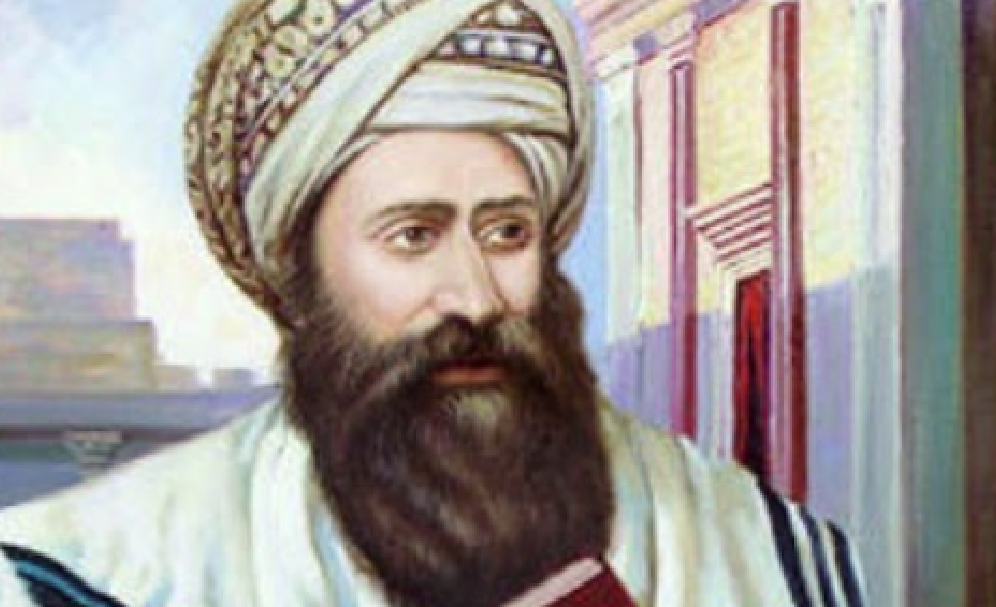
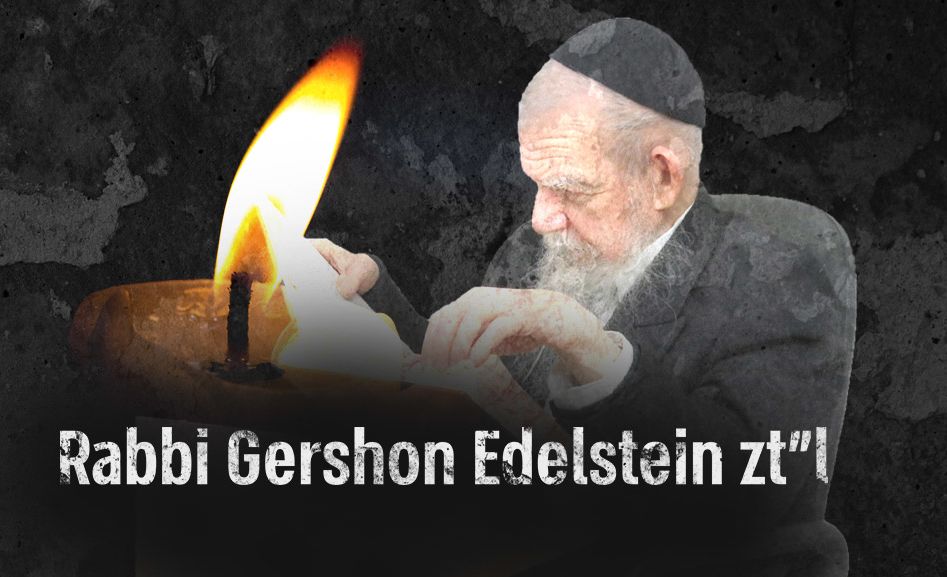


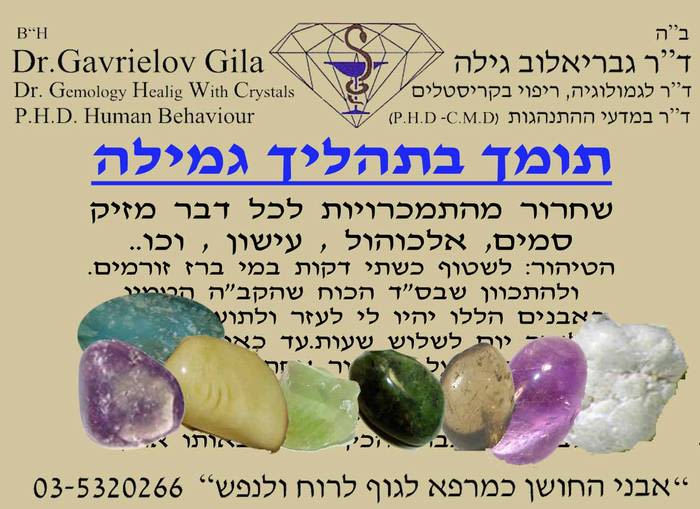
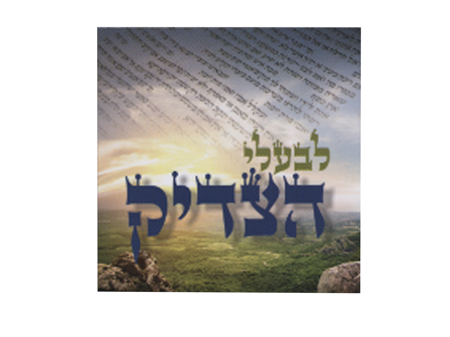


Tell us what you think!
Thank you for your comment!
It will be published after approval by the Editor.